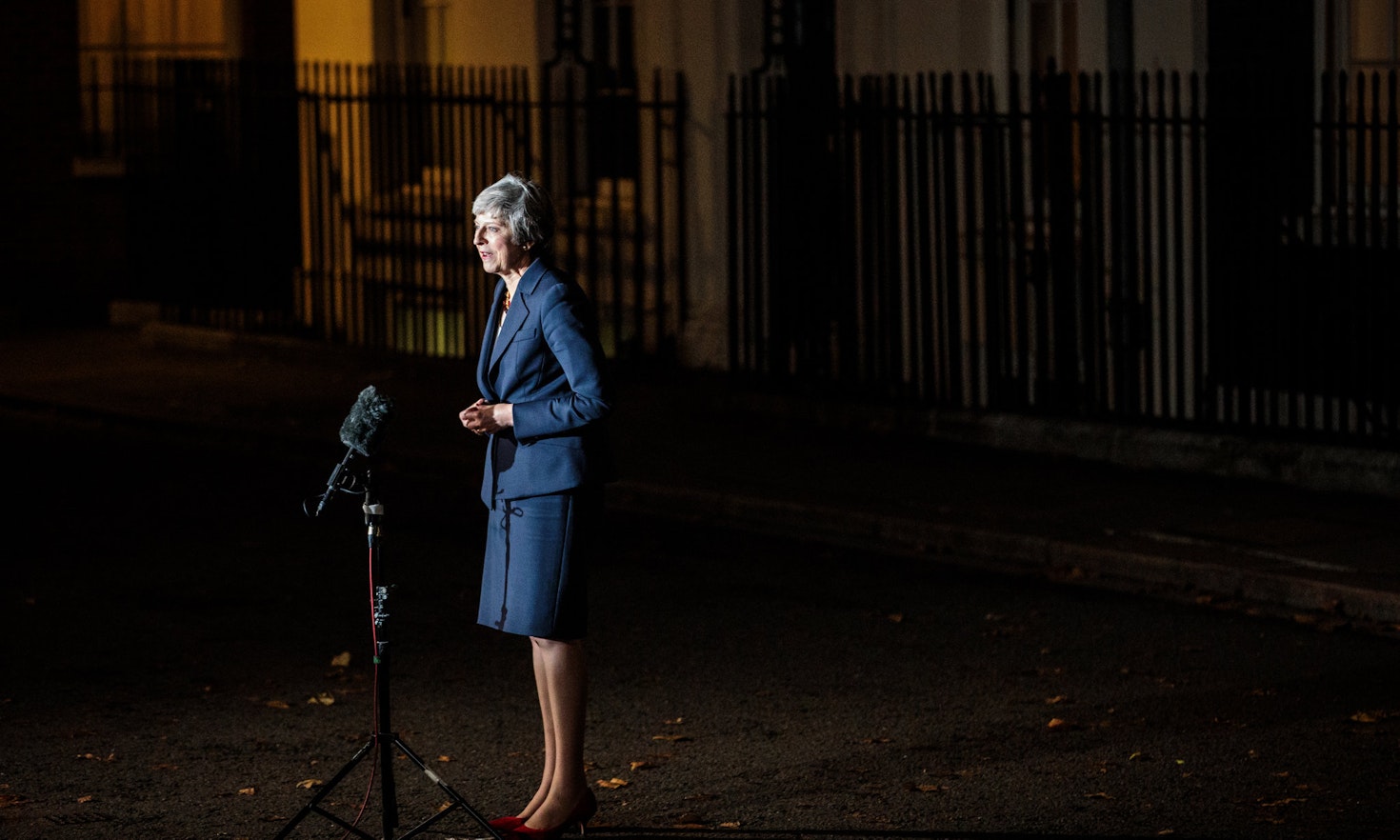
European values, rules and European goal(s): The Political Landscape of the EU Elections.
 Adriano Dirri
Adriano Dirri
The long and intricate Brexit story does not stop providing twists and elements of discussion. Theresa May’s resignation, announced on 24 May and effective from 7 June, became inevitable after the failure of the talks with the Labour Party aimed at unlocking a political-parliamentary situation on the edge of the grotesque. In early 2019, Mrs. May’s government had suffered three resounding defeats in the House of Commons during its attempts to get the Withdrawal Agreement – which had been signed with the EU institutions – approved. A historically important rejection, due to the magnitude of the vote against the agreement and the severity of the internal divisions within the Tory Parliamentary Party. The May premiership was unlucky from the very start. In the aftermath of Cameron’s resignation following the referendum defeat, she became the compromise candidate largely because the internal divisions of the Conservative party eliminated so many other candidates. Objectively, her task was particularly burdensome: finding a solution to a situation that her predecessor had done next to nothing to prepare the country for and which presented many serious and controversial obstacles starting, of course, with the Irish Border. Faced with this crucial step for the UK, Theresa May has certainly shown great tenacity and remarkable resilience, yet she also has made several mistakes that have helped put her in a blind alley. Two in particular stand out for their gravity. First of all, the own goal she scored by calling an early election in 2017, which she hoped would give her an overwhelming majority, but which instead produced a hung Parliament, thus creating a minority government. Secondly, was her decision to effectively exclude the Parliament from the negotiation with the EU, which resulted in a breakdown in Cabinet consensus and the alienation of the Commons exasperating many MPs.
The results of the European elections in Britain have further complicated the situation. The electorate interpreted the vote as a chance to express its frustration regarding the Brexit affair, in particular, on the conduct and outcome of the Brexit negotiations and, crucially, on the ambiguity of the two main parties. As result, the Conservative vote shrunk to a measly 9%, while the Labour party’s dropped to 14%. Therefore, the English electorate is deeply polarized supporting parties or politicians who have professed the most resolute or uncompromising responses to Brexit. On the one hand, the election witnessed the overwhelming success of Nigel Farage’s newborn Brexit Party: doubly paradoxical if one considers that this “instant party” is lead by a politician whose only driving force is a hatred the European Union and who owes his triumph in European elections to this agenda, while has never been successful in his attempts to enter Westminster. A clear contradiction which, however, is very telling of the Brexit affair since it highlights the consistent contempt held by a section of British society for the European Parliament and EU institutions as the whole. On the other hand, the ‘pro-remain’ electorate rewarded the Liberal Democrats with a 20% share of the vote and the Greens with 12% for their clear anti-Brexit positions. These were the two parties that consistently and strongly opposed any form of Brexit even a so-called soft version. In short, a response that shows how further divisive for the nation a possible second Brexit referendum would be.
In any case, British politics must now return its focus on the Conservatives: on 10 June the “Tory contest” will kick off, that is the race for the leadership of the party and thus the new premiership. The contest is managed by the so-called “1922 Committee” made up of backbench Tory MPs. The leadership election rules currently in force date back to 1998. The first task is to search for a representative candidate, and secondly, to put the final choice to all members of the party, previously it had been a purely internal affair of the Parliamentary Party with a mere consultation of the National Union of Conservative and Unionist Associations. The rules stipulate that the selection of the new party leader (and Prime Minister) will take place in two stages. In the first, called shortlisting, all members of the Parliamentary Party can advance their candidature. A series of votes within the Parliamentary Party members take place in order to reduce the number of candidates: at the end of each vote the candidate with least votes is excluded. When only two candidates remain, the second stage begins and consists of a ballot in which all party members participate. The whole process can last up to two months, unless many candidates withdraw during the first stage and only one remains, as happened in 2016 with Theresa May. Given that her premiership was considered to have been so unsuccessful it is unlikely the same path will be followed on this occasion.
 | Claudio Martinelli is Professor in Comparative Public Law and in Parliamentary Law at University of Milan-Bicocca. He is the author of “Diritto e diritti oltre la Manica” (il Mulino, 2014) and “Il referendum Brexit e le sue ricadute costituzionali” (ed.) (Maggioli, 2017). |
This content is licensed under a Creative Commons Attribution 4.0 International license.